My
Invisible Girlfriend
by Peggy Lauzon
The
year my mom died, I remember poring over her book collection with my father.
One
book in particular draws my attention.
It is very old and too tall for the shelf, stored on end, the pages
fraying. I reach for it. There is a certain solemnity to handling a
book so old and crumbling, flakes of browning paper falling onto my lap. I turn the pages carefully, as if it’s an
ancient tome from a rare book library.
In fact, it turns out to be that rarest book of all: my mom’s scrapbook from when she was a young
girl growing up in Chicago in the Forties.
Inside,
the opening picture is a drawing of the moon. Blue and round and remote, it fills the whole
first page. There is a serialized science fiction story cut out from the daily
paper, each episode carefully glued in order and in place. We keep turning pages. Every story, every single thing in the
scrapbook is about space exploration. An
artist’s rendition of a young woman looks out from the pages of an article from
the Chicago Tribune. She is wearing an
aviator’s cap, flaps down around her ears, loose fitting coveralls, combat
boots. She is lovely and happy, waving
as she steps into a rocket ship. The
caption reads, The Skipper of the first Rocket Ship to Take Off for the Moon
Might Well be a Woman.
The
tears spill over for both of us when my father says, “Cathie would’ve been an
astronaut if she’d been born in a different era.”
My parents met in 1955 on
Market Street in San Francisco and were married soon after. Both of them were working on their private
pilots’ licenses back then. Dad was a
physicist and my mom worked for United Airlines. They shared dreams of flying and adventuring
and this led to their long-term marriage.
But,
back then in California, my mom wasn’t an astronaut. I remember her bitterly explaining to my dad
who she actually was. In the tech town I
grew up in, she was a scientist’s wife. And scientists’ wives outranked engineers’ wives who, in turn, outranked
technicians’ wives; and they went to Tupperware parties together and they
played bridge. My mom came home from
these events looking slightly defeated, heading straight to her bedroom to kick
off her high heels and cast off the requisite girdle and stockings of the Scientist
Wife uniform. She would emerge from
that room, back in her pedal pushers and Keds sneakers, ready to resume her
role as mom to four kids.
That
was before she went back to school - graduate school in the Sixties - where her
mostly younger friends weren’t encumbered by husbands and children.
I
remember walking through the front door one evening with my father, not knowing
that we were also walking straight into Mom’s identity crisis. She was in the
kitchen, unpacking groceries, when Dad called out, “Hey Cathie, what’s for
dinner?”
“Here,
catch,” was her reply.
Something flew at us from across the room and
my dad did catch. We both looked down
into his hands. Mom had lobbed a bag of
jujubes at us.
We, all
of us, did more of the cooking after that.
Years later, in my
mid-twenties, I moved to rural northern Ontario with my new husband. We lived in a small cabin that we were
building ourselves. The building had
electricity so I was able to do my accounting work from home, but it had no running
water.
My
husband worked in town in a suit-and-tie job.
He didn’t want to commute in from the countryside every day. He felt he needed a place to shower and make
himself presentable, so we also sub-let a small apartment in town.
I would
drive Tim into town on Mondays and pick him up again on Fridays. The rest of the week was my own. Besides running my business from home, I
hauled firewood from the pile and carried five gallon jugs of water up the
steep hill. When all the work was done,
I spent contented nights beside the woodstove, reading deeply into the pages of
my next favourite novel.
I
remember sharing my excitement for this grand adventure with my next-door
neighbours. I talked about the way
exercise and fresh air were built into country life. The way the many trips to the wood pile and
outhouse, day and night, forced me to see the sky in all its glory and all its
variations. I described the northern
lights I would have surely missed if I didn’t spend so much time outside.
The two
women, my neighbours, exchanged glances with each other.
“Yes, well, it’s one thing to come out on
week-ends, like a tourist. It’s quite
another to live here all week long.”
“But I
do live here all week long,” I protested.
“No,
no, you’re in town in that apartment.
Try spending the whole week tending the fire, bringing frozen wood in to
dry.”
“I do
live out here all week long. Tim’s in
town, but I’m here. I do bring the
firewood in every day.” My voice trailed
off. What was the point?
To these women, my husband’s and my
storylines had merged together and mine was the one that didn’t matter
anymore.
That was thirty years ago, and
I would like to think that things are getting better. But then, just this past month, I invite a
friend of mine to attend a financial planning workshop with me. The event is aimed at self-employed women and
my friend, Alexa, is a natural entrepreneur: capable and smart with sharp
instincts for creating environments where the work gets done and people thrive.
We are settled at
round tables of about eight women each.
The presentation starts. The
facilitator at the front warms up the room.
“I hear we have a real estate agent here tonight. Where is she?” “A restaurant owner. Let’s give her a hand.” There is a pregnant pause. “And I hear we have a doctor’s wife here
tonight.” My friend, Alexa, freezes
beside me. “Where is she? Where’s …”
Alexa makes a small wave, head ducked, shoulders hunched.
The
facilitator carries on, but I can tell that Alexa no longer hears her. My friend is sitting, frozen, staring into
her empty hands. We have only been here
about fifteen minutes and already she looks completely devastated.
I put
my arm around her shoulders and turn to the other women sitting at our
table. “Alexa isn’t here as a doctor’s
wife”, I explain. “Alexa owns a medical
lab in town. It’s her business. She’s a medical professional herself.”
Alexa’s
voice starts quietly – “I built that business up with my bare hands. I brought it up from nothing.”
The
next thing that happens is what women sometimes do best. The circle enfolds her. Alexa is still staring down into her hands, but
they aren’t empty anymore. The woman
sitting beside her folds her hands into her own.
She
offers support: “That’s not right. That
shouldn’t have happened to you.”
Another
expresses outrage: “I mean, what the hell, this event is supposed to empower
women.”
Yet
another woman takes action. She rises
from her chair and walks away. When she
comes back, she has the facilitator in tow, introduces Alexa and facilitates an
apology. Alexa says she doesn’t remember
that part. She doesn’t remember much of anything
after the failed introduction.
Maybe small things like this
don’t seem to matter very much but they create the uneven ground we walk on
every day. They add up. A lifetime of this makes it hard for us to
trust our footing, trust our ability to step out in any direction, trust
ourselves to craft our own lives.
They
also matter in the way we respond to women when they need our help. My neighbours in the country were no help to
me at all when I was leaving my marriage a few years later with a new baby and
a three-year-old in tow.
The day after the women’s
workshop, the very next day, Alexa tells me that she went to an all-you-can-eat
fish fry with some friends. A colleague
from the hospital, a fellow nurse, spots her from across the room.
“Alexa! Lex!” the woman rushes over. “Where’s your husband? Where’s the doctor?”
I
picture her responding evenly, “I’m not sure where George is tonight” I picture
her friends already pulling her away.
The
large and small ways these things keep happening to women are all cut from the
same cloth. They are hard to wrestle
with because they are invisible. We are
invisible. It is 2017 and we are still
invisible.
At the
coat check, at the end of the fish fry event, my friend runs into the nurse
again, who immediately resumes her line of questioning.
“Where
is your husband? No, really, where is
he?”
How do
you respond to something like this? Alexa
takes a stab at it.
“I
don’t know,” she says, “Maybe he doesn’t like fish.”





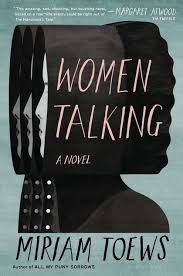
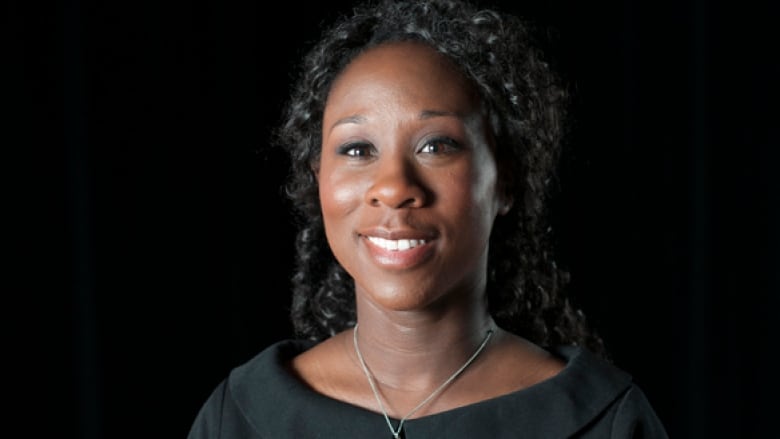




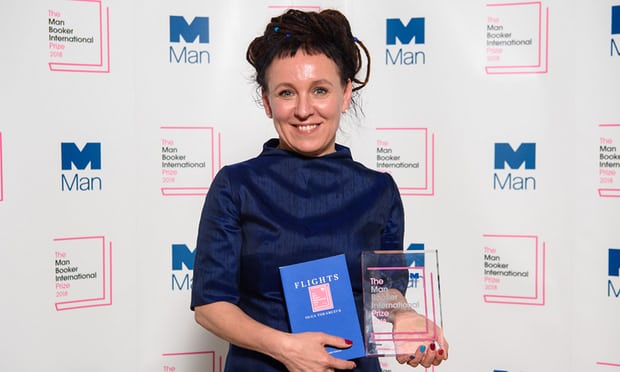

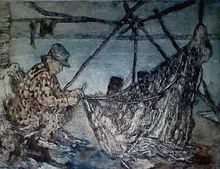

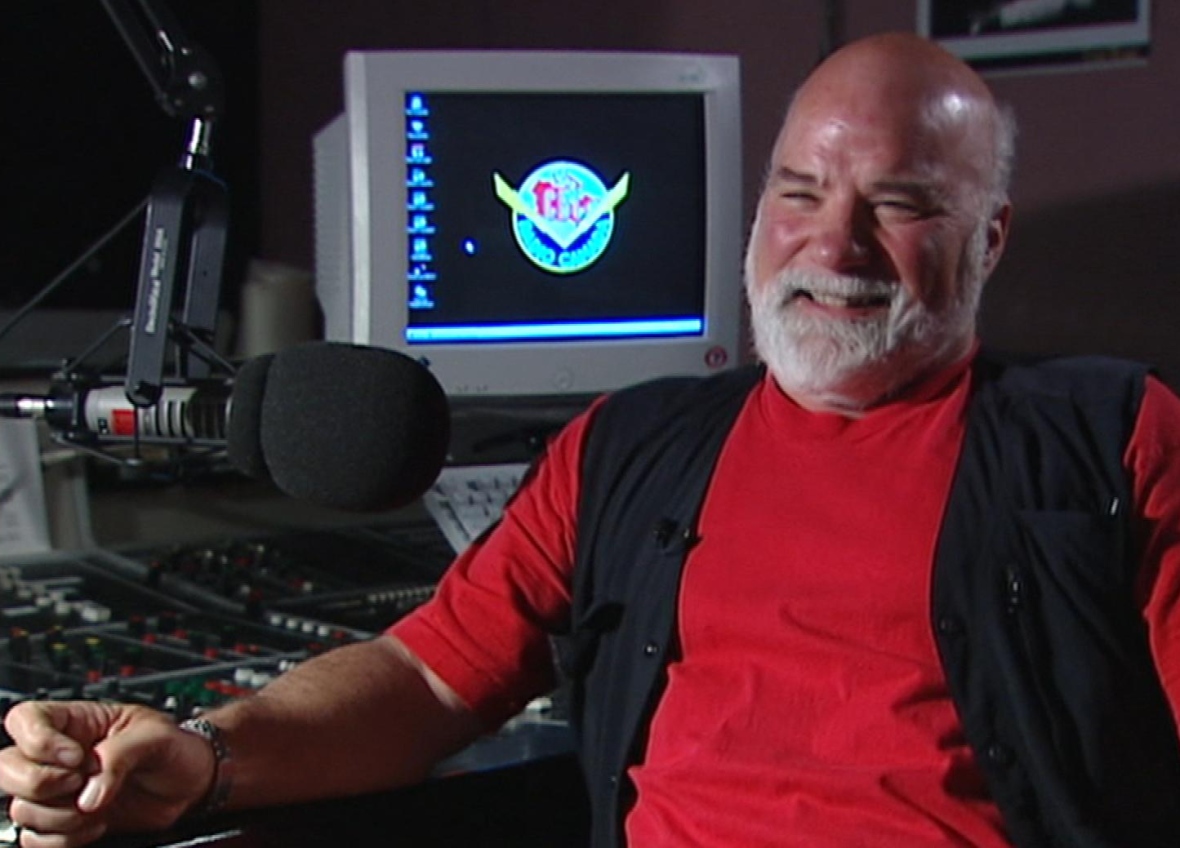


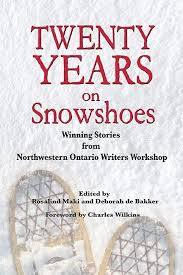








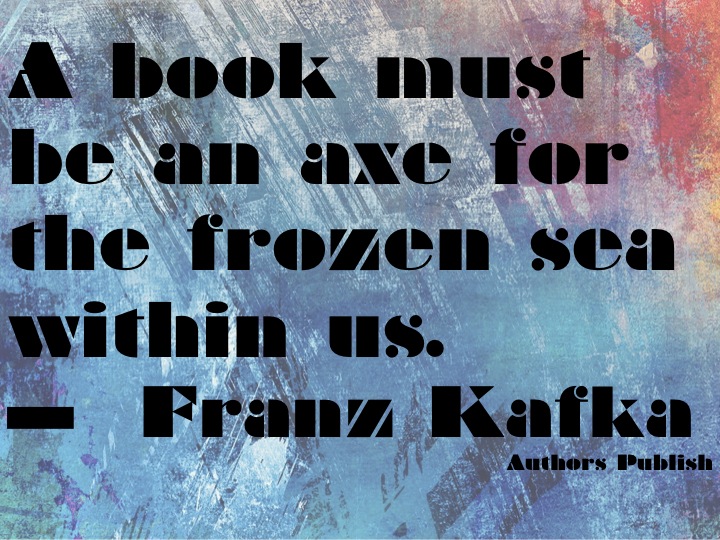




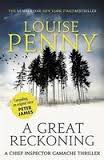






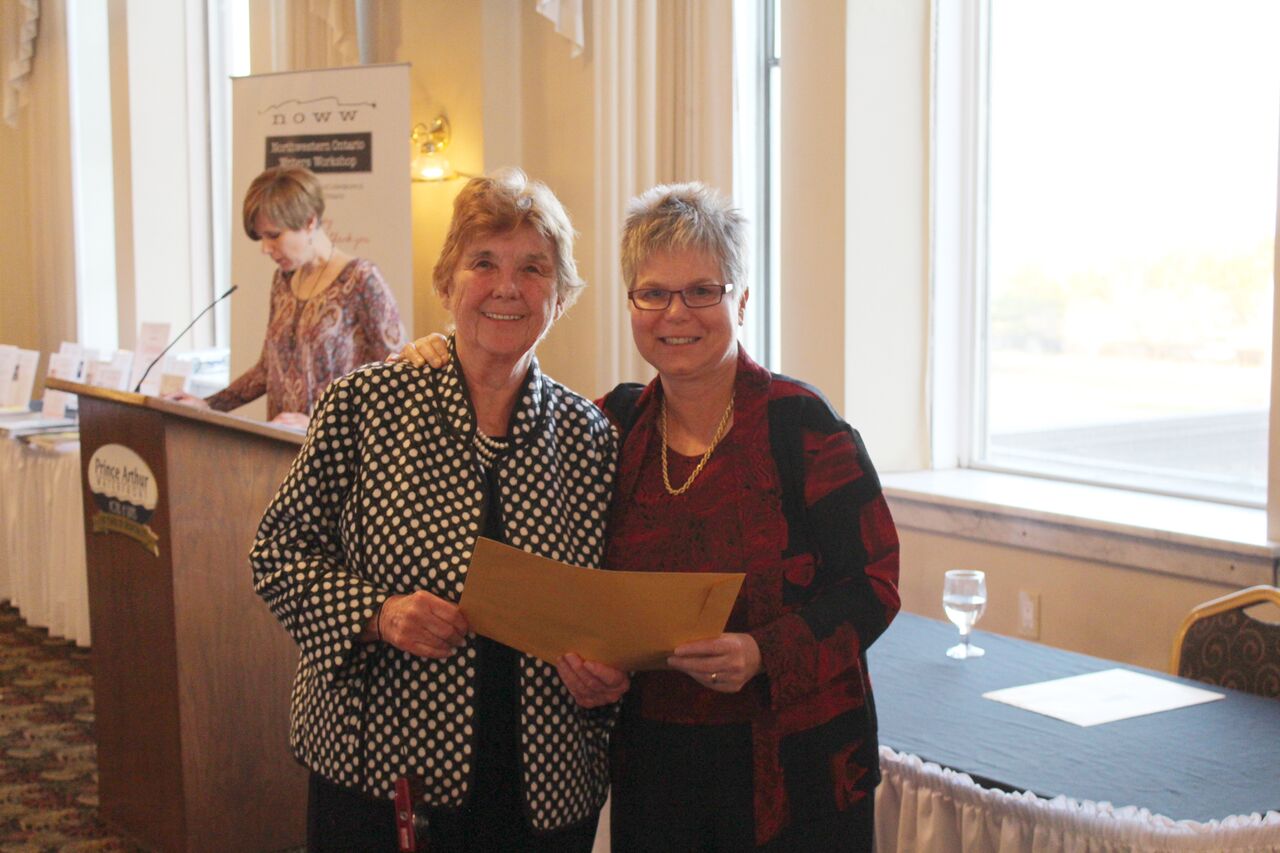








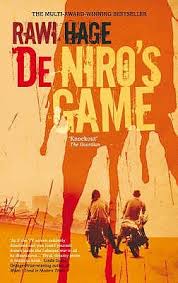

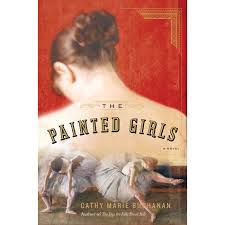





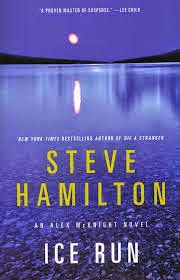



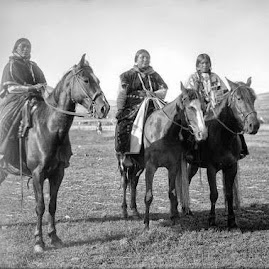
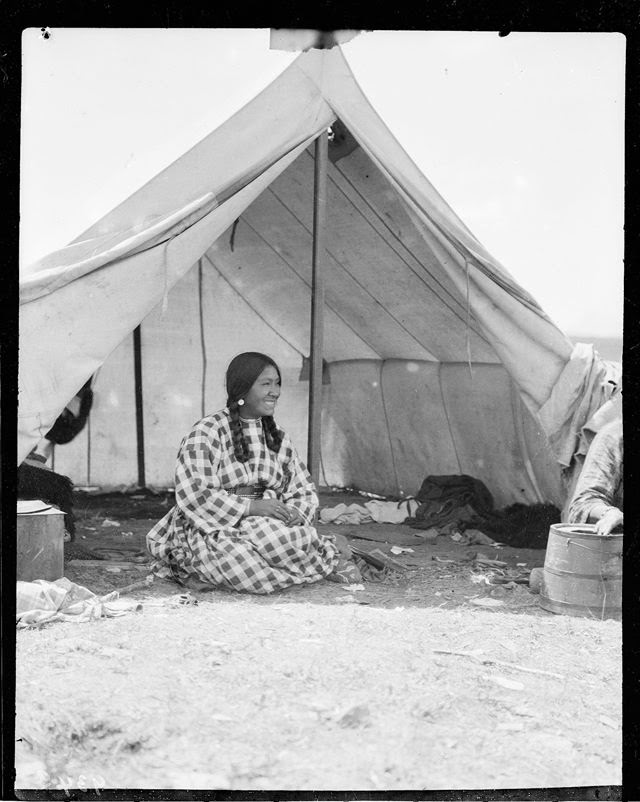
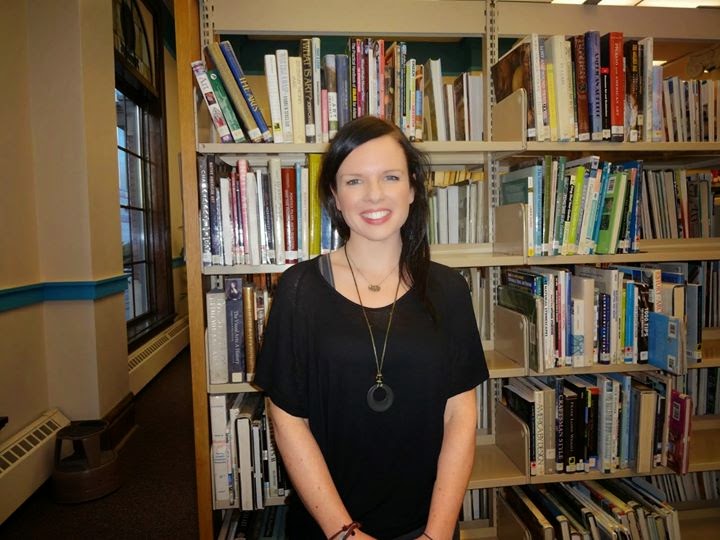
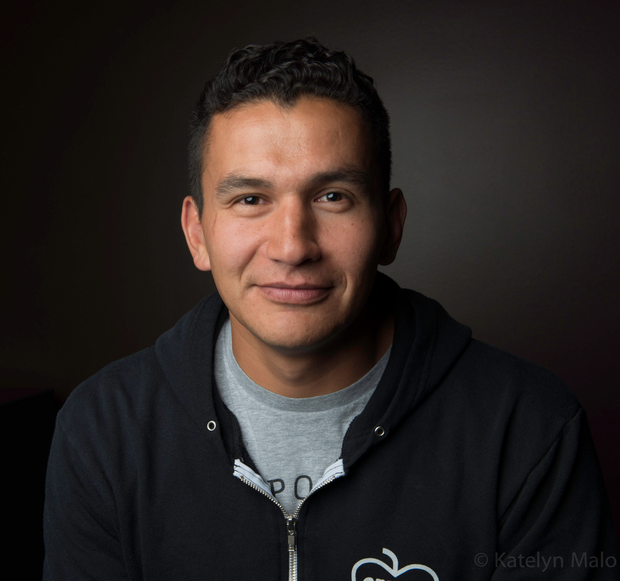


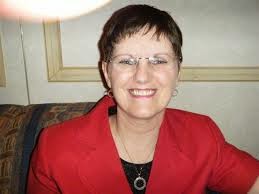


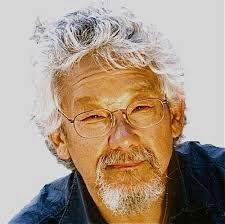



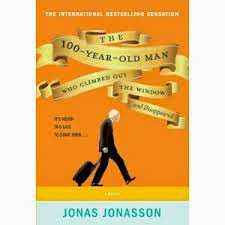



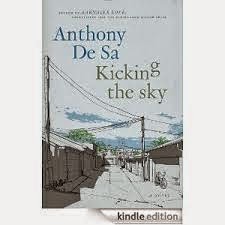











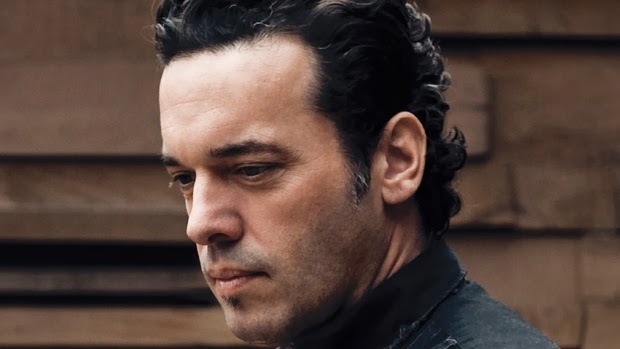
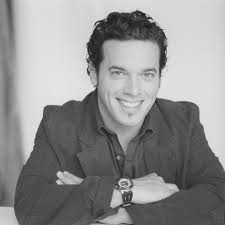





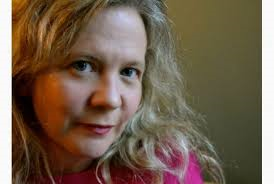
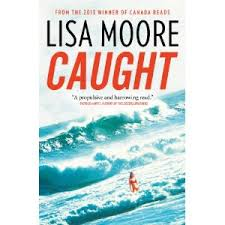

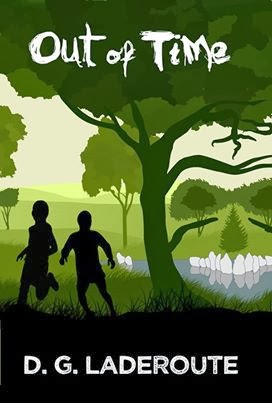
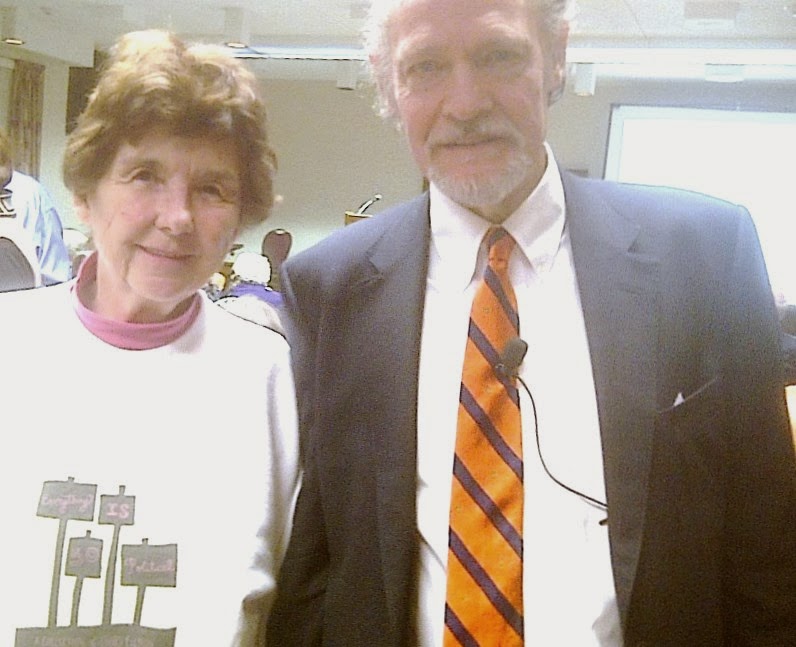








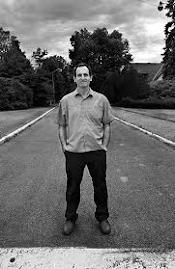







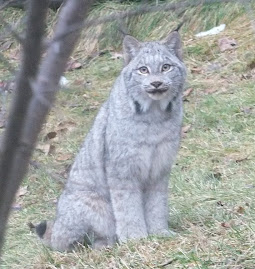

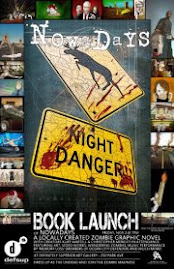



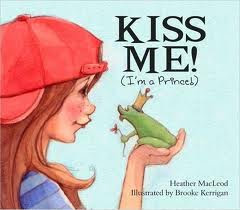
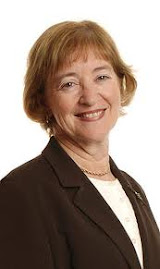

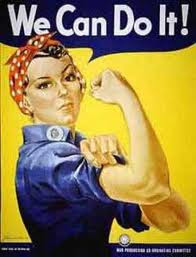

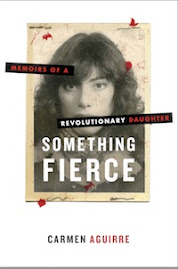




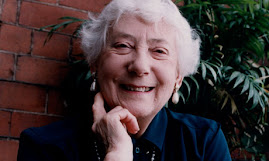




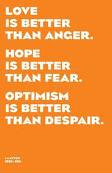




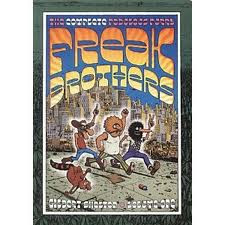
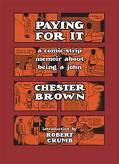
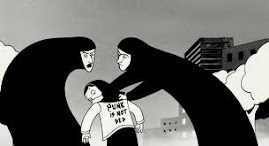
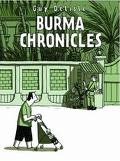




















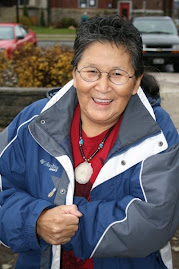













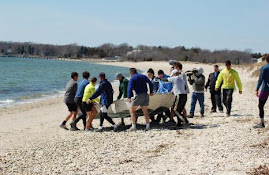



























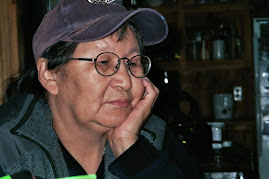




































No comments:
Post a Comment